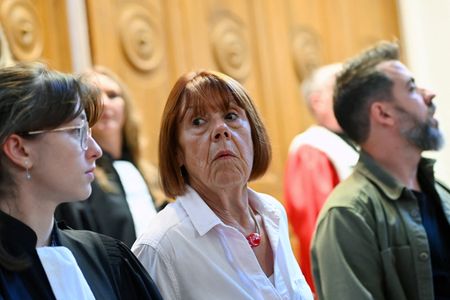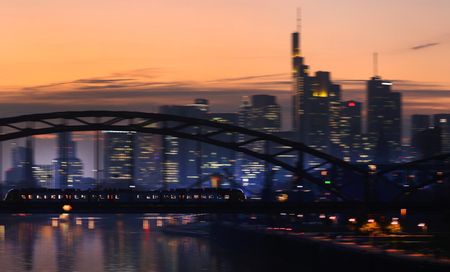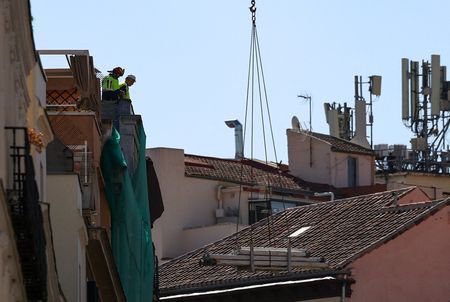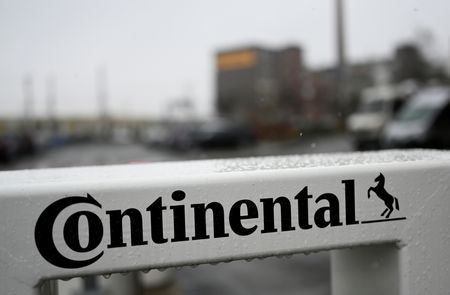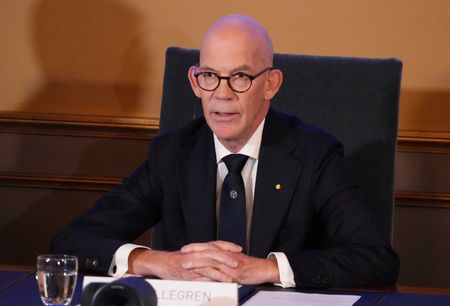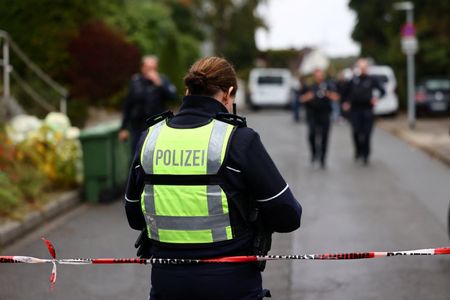By Pavel Polityuk
KYIV (Reuters) -Ukraine wants to increase natural gas imports by 30% following Russian airstrikes on its gas infrastructure, damage from which Ukrainian Energy Minister Svitlana Hrynchuk described on Tuesday as significant.
Russia has sharply intensified its attacks on Ukraine’s energy sector in recent weeks, and last Friday attacked Ukraine’s main gas fields, raising fears of a possible gas shortage and the need for significant additional imports.
“We plan to increase imports by around 30% if we manage to expand our import capacity,” Hrynchuk told a press briefing after a meeting with Western ambassadors.
“We plan to import throughout the coldest months, although the priority now is to secure imports for October-December and, if necessary, for other months.”
IT ALL DEPENDS ON THE SPEED OF RECOVERY
The minister said the total volume of imports would depend on how quickly Ukraine can recover its gas production, how intense and targeted the Russian attacks will be, and how severe the damage to the gas transport system could potentially be.
“The faster we can restore (production), the less we will need to import,” Hrynchuk said, adding that an increase in LNG imports was one of the possible options to cover shortages.
The government had previously said Ukraine planned to import 4.6 billion cubic metres (bcm) of gas in the 2025/26 season, starting the heating season with around 13.2 bcm of gas in its storage facilities.
Analysts and former officials say the country had already accumulated about 13 bcm in reserves.
Hrynchuk said the attacks targeted regional gas infrastructure, as well as power transmission facilities in Ukraine’s frontline regions and severe restrictions on energy supplies were already in place in several northern regions.
Russia has been regularly bombing Ukraine’s energy infrastructure since its 2022 invasion.
The minister said that her team had already worked out scenarios for action in the event of Russian attacks and prepared restrictions on gas supplies to the population and industry, which had not been done in all the years of the war.
“We are preparing for various scenarios, including the worst-case ones,” Hrynchuk said.
(Reporting by Pavel Polityuk; Editing by Kirsten Donovan and Emelia Sithole-Matarise)


